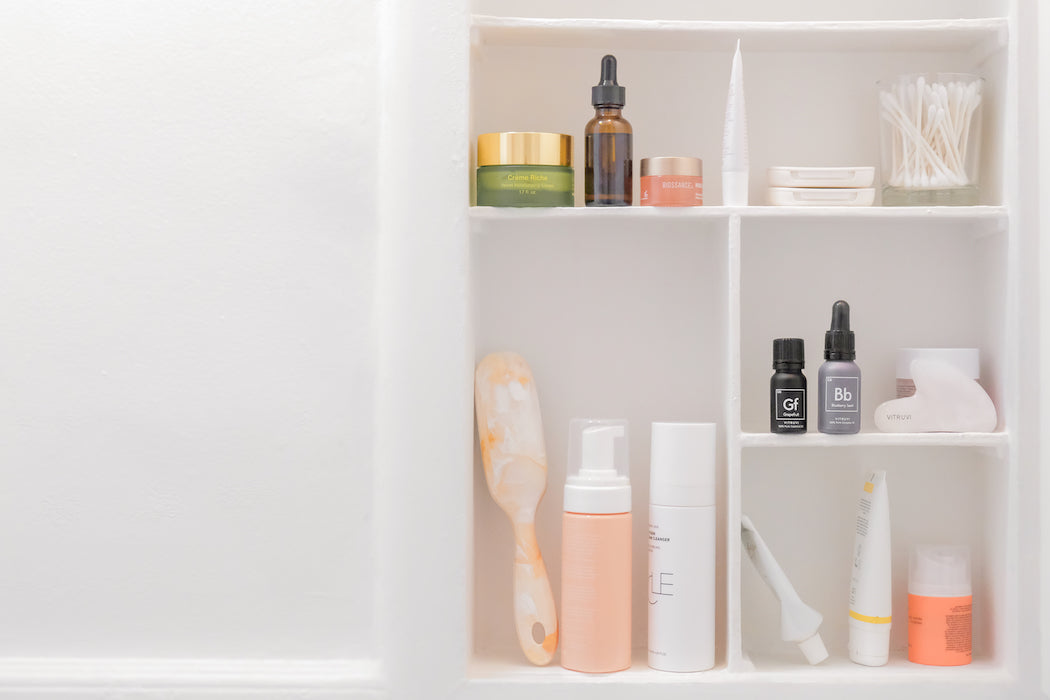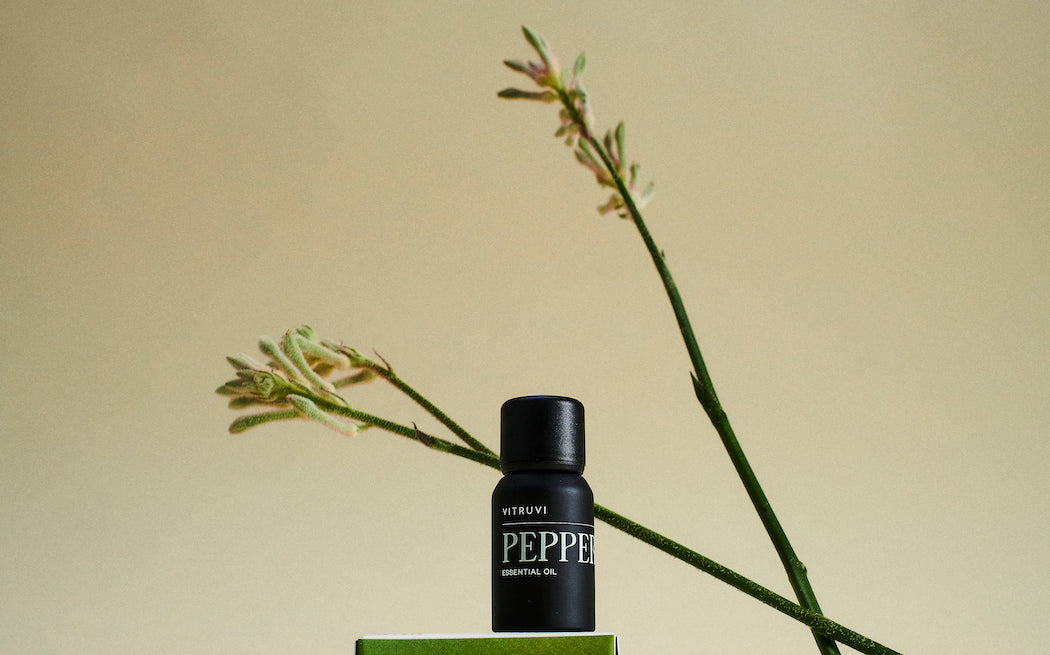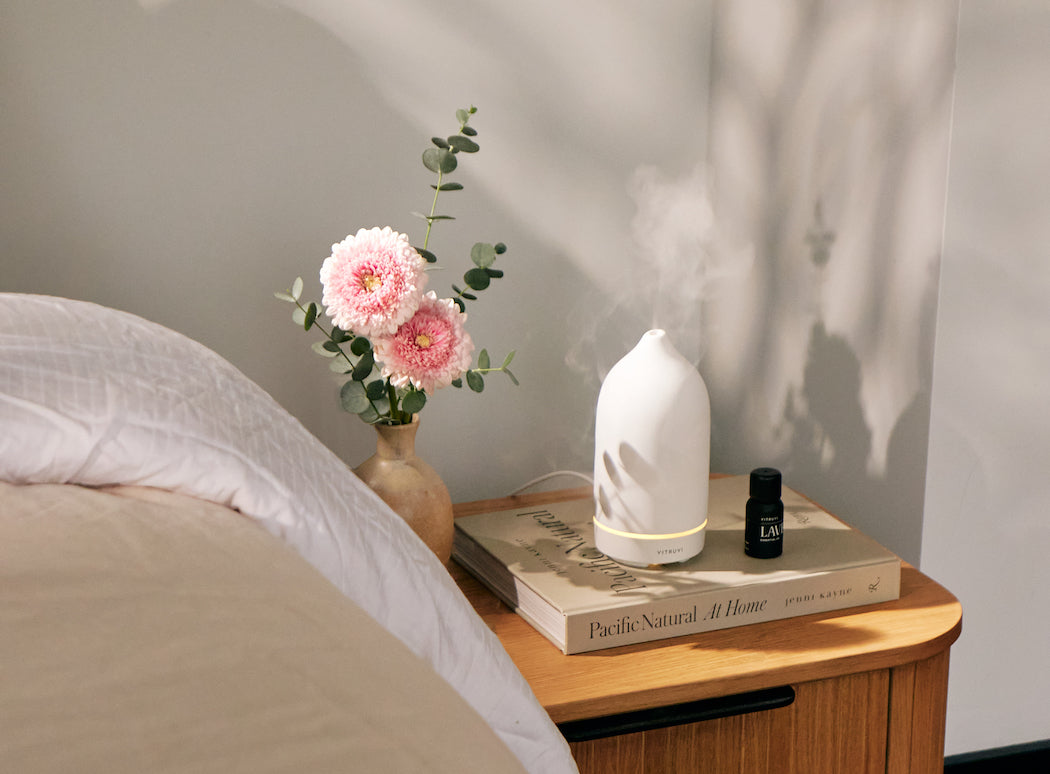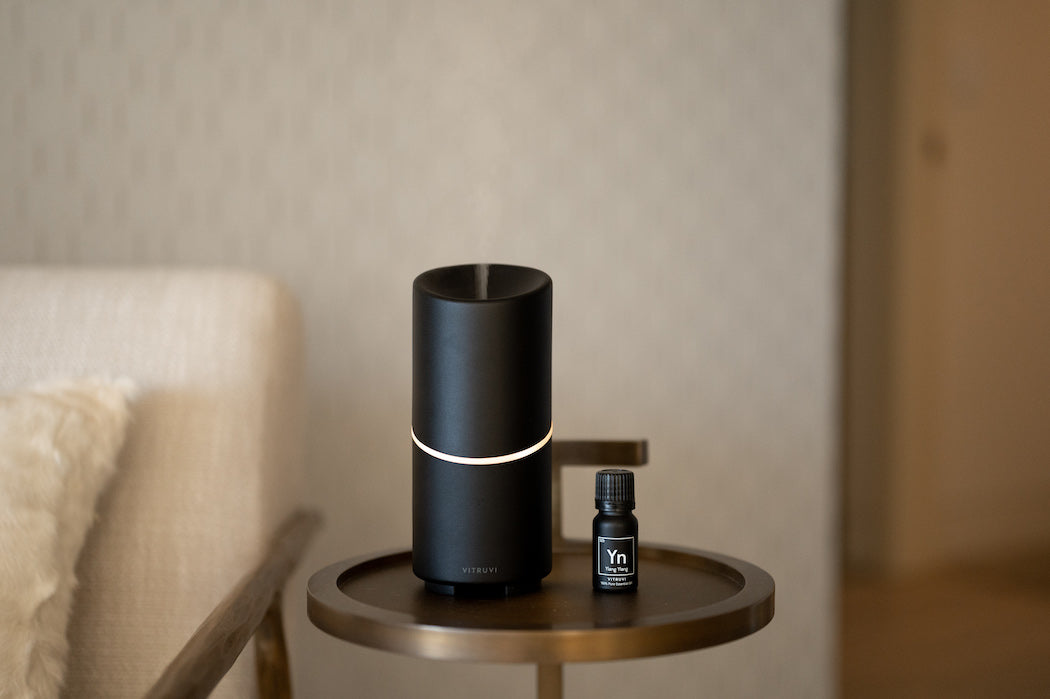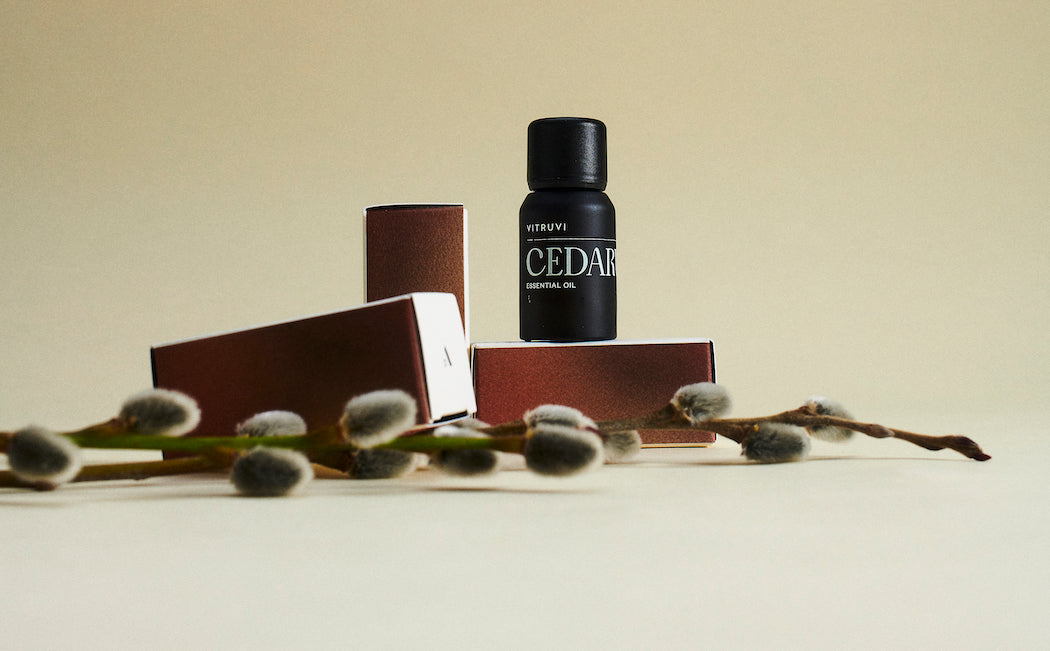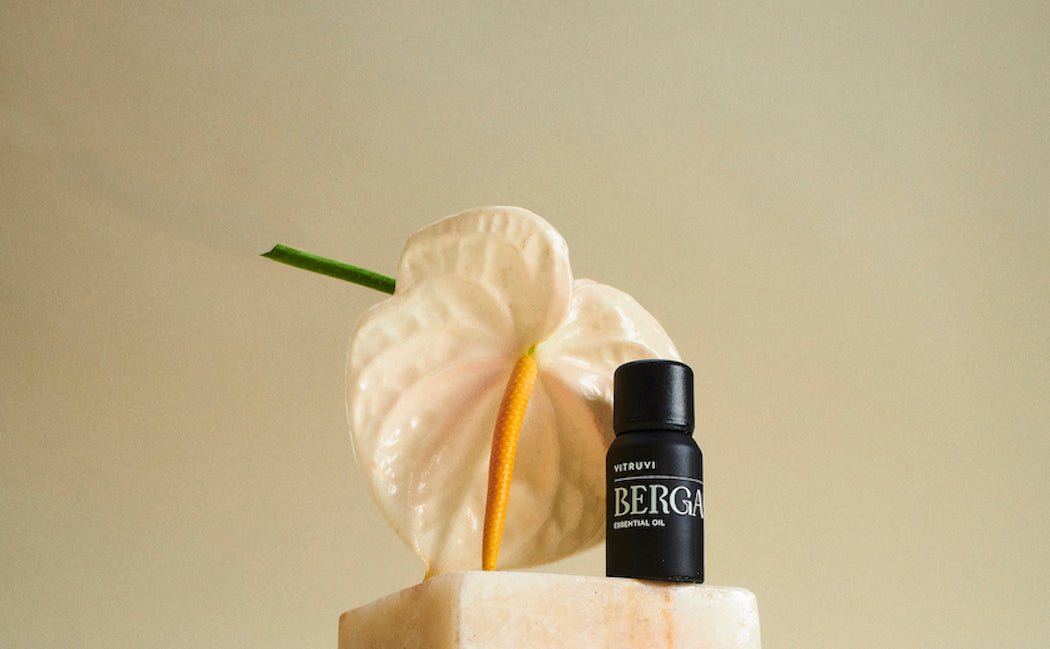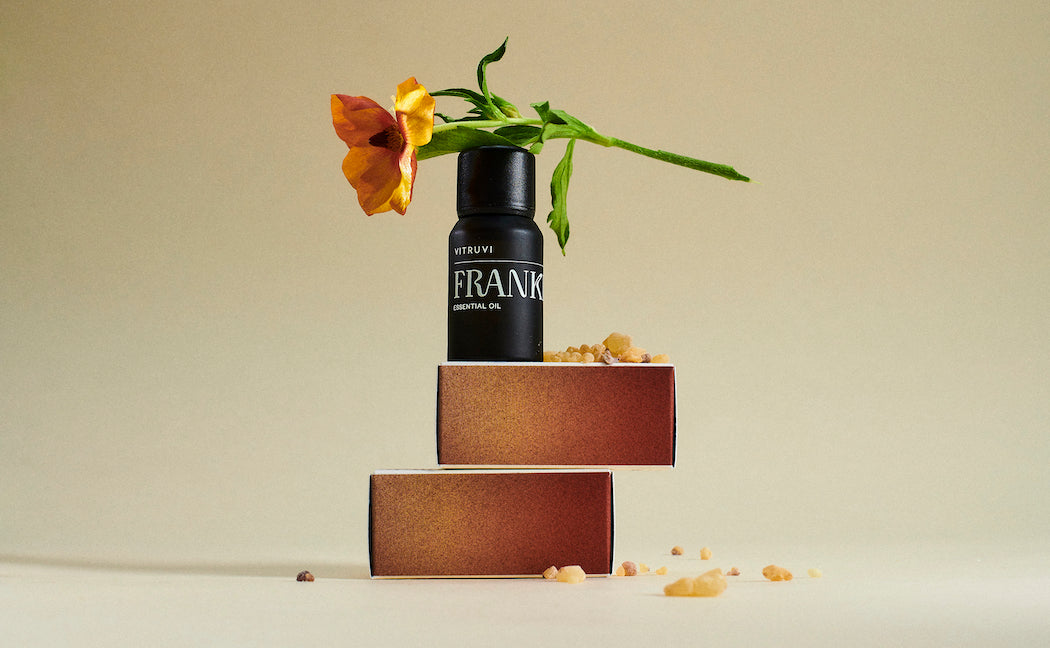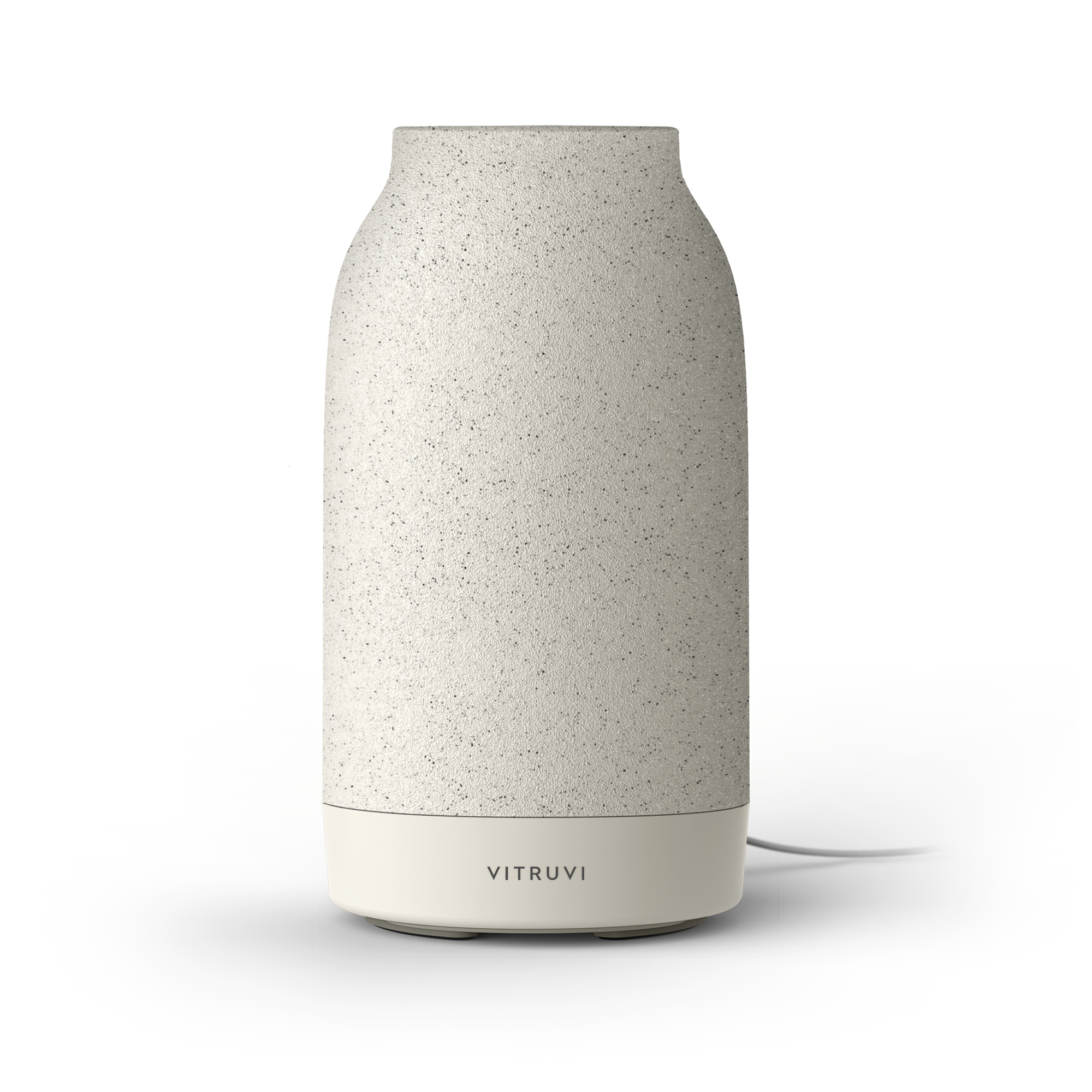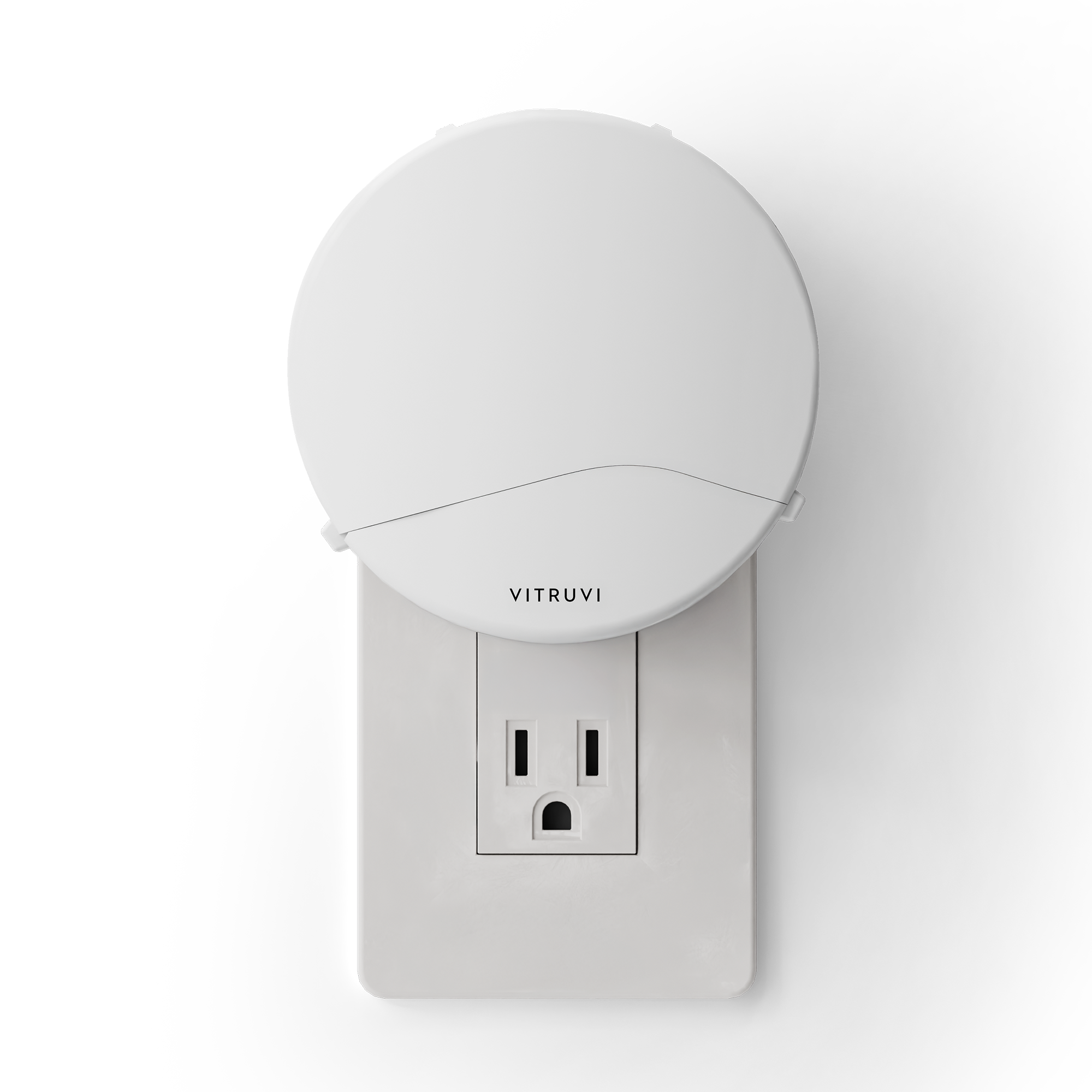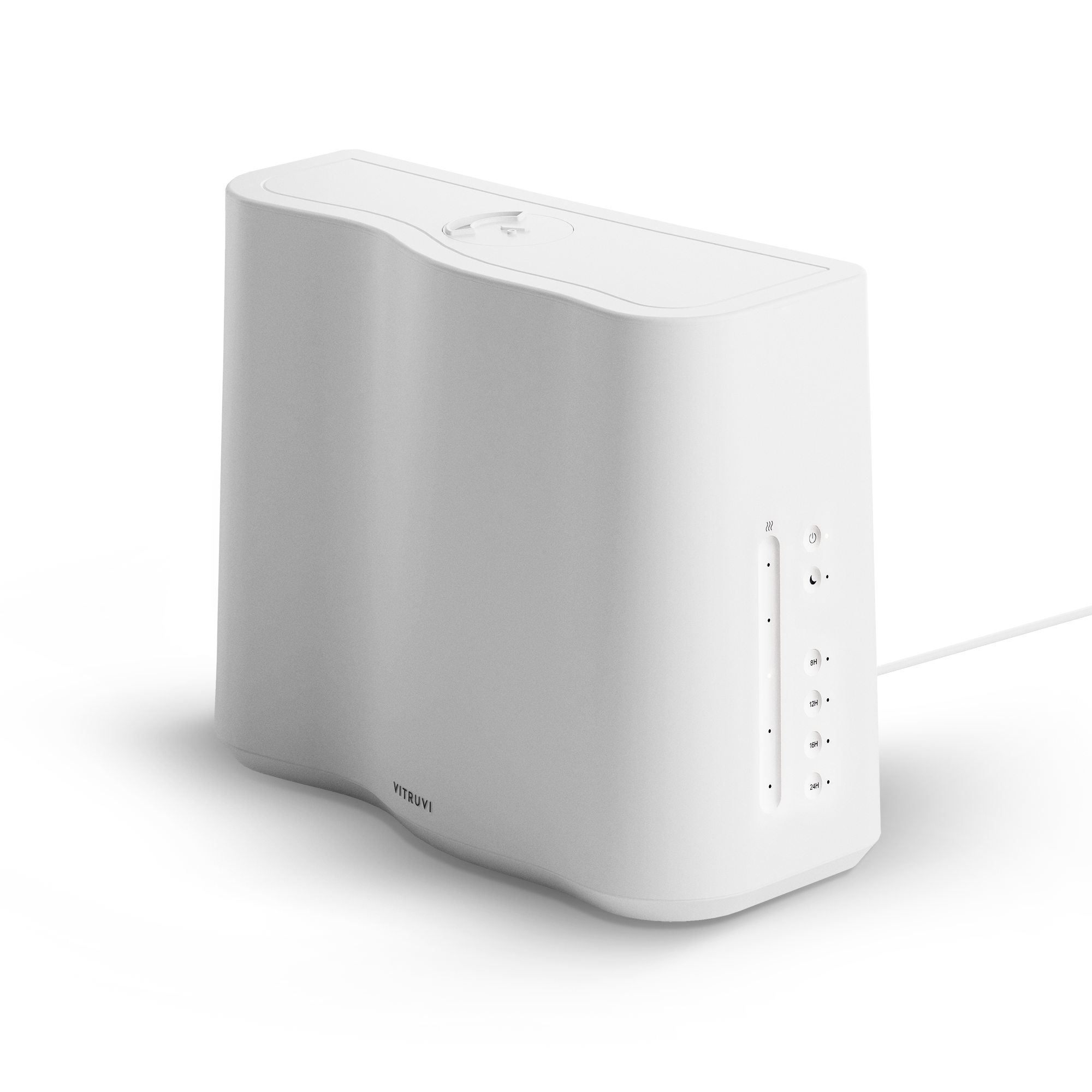In the crowded beauty space, ingredient clarity can be hard to find. With every new day and every new brand, clean beauty is becoming less of a niche term and more of an everyday requirement. Consumers are voting with their dollars, celebrating brands like Kora Organics, Beautycounter, Honest Company, and Ilia for transparency when it comes to ingredients. After all, our skin is our biggest organ—shouldn’t we be mindful of what we put on it?
But with an endless supply of makeup and skincare products on the market, it can be overwhelming to figure out which ones steer clear of potentially harmful ingredients. Unsure about the status of the products you’re currently using or thinking of buying? Boutiques like Credo and CAP Beauty exclusively stock clean products, making them one-stop-shops for all your makeup and skincare needs; meanwhile, Sephora has a Clean at Sephora stamp for ecommerce, as well as an entire clean beauty section. And then there’s the Environmental Working Group (EWG).
What is the EWG?
The EWG is a Washington, D.C.-based nonprofit organization that evaluates the health effects of chemicals in cosmetics, personal care, home cleaning products, drinking water, and more. It’s become a go-to resource for many consumers when it comes to choosing better products for health and home. Specifically for cosmetics, the organization operates Skin Deep: a free online database that lists hazard ratings for nearly 70,000 products and 9,000 ingredients on the beauty and skincare market.
To use Skin Deep, simply search for a brand or ingredient and review the results; every item comes with a hazard score out of 10 (one being the lowest, 10 being the most hazardous). There’s also an app that lets you scan products right in the skincare aisle before purchasing. Going even further, top-tier products receive an EWG Verified stamp of approval, meaning they meet the organization’s highest standards for safety.
Skin Deep was created as a result of the lack of federal regulations for beauty products. The Food and Drug Administration in the U.S. has minimal oversight of the beauty industry and doesn’t review the toxicity of products before they’re sold. In fact, it has been more than 80 years since Congress last updated the federal law designed to ensure that personal care products are safe. This equals weak safety testing (if any at all), inconsistent labelling requirements, and inadequate transparency. Which is why Skin Deep can be such a useful tool.
Still, the EWG is not government-regulated and is not an end-all be-all when it comes to clean beauty. Its resources are great places to start for those curious about using better ingredients, but it’s not an overarching authority and should not be treated as such; it’s a completely independent reviewing system that, if taken too seriously, can create more fear than information. At the end of the day, you should always talk to your doctor or dermatologist if you’re worried about a specific ingredient or product and how it might affect you.
A few minutes spent exploring the Skin Deep database, though, act as a stark reminder of just how disconnected we are from what we’re putting on our bodies. It’s true that all skincare is made in a lab, but that does not mean all skincare is created equal.

